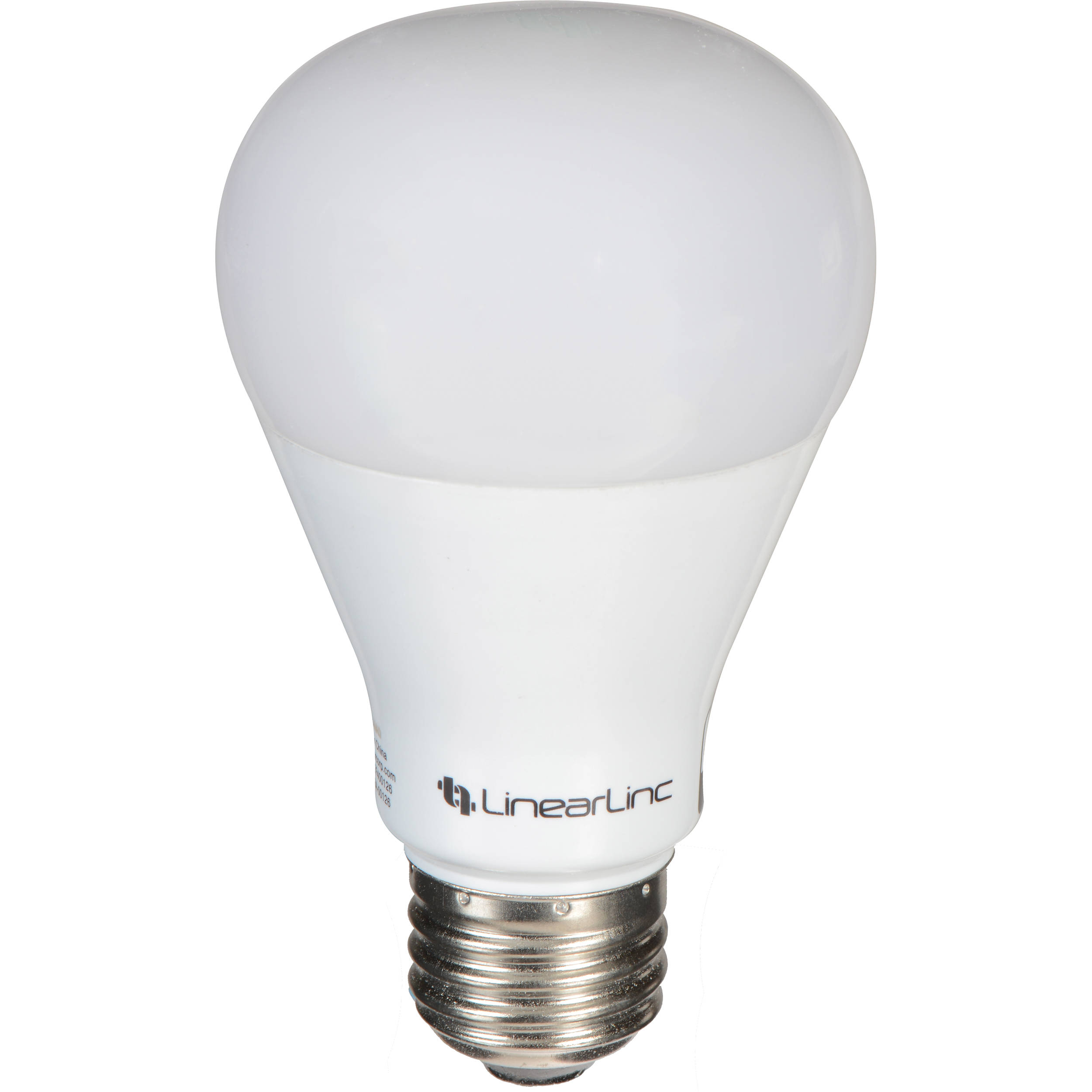152
you are viewing a single comment's thread
view the rest of the comments
view the rest of the comments
this post was submitted on 03 Nov 2023
152 points (91.8% liked)
Asklemmy
53134 readers
481 users here now
A loosely moderated place to ask open-ended questions
If your post meets the following criteria, it's welcome here!
- Open-ended question
- Not offensive: at this point, we do not have the bandwidth to moderate overtly political discussions. Assume best intent and be excellent to each other.
- Not regarding using or support for Lemmy: context, see the list of support communities and tools for finding communities below
- Not ad nauseam inducing: please make sure it is a question that would be new to most members
- An actual topic of discussion
Looking for support?
Looking for a community?
- Lemmyverse: community search
- sub.rehab: maps old subreddits to fediverse options, marks official as such
- !lemmy411@lemmy.ca: a community for finding communities
~Icon~ ~by~ ~@Double_A@discuss.tchncs.de~
founded 6 years ago
MODERATORS

Two factors, quality and heat. If you buy bad quality they will last a short time. If the fixture is not designed to dissipate heat it will last less time. I found out the last one for a couple of mine. The ceiling lights with a shade kinda of a bowl like. The LEDs ones lasted less than a year. Then one of them I didn't find the nut for it and put some other one that didn't fit quite well but let the air flow and that one outlasted the other ones. Yes heat will kill your LEDs.
Anyone interested in learning more, BigClive on youtube (or alternate frontend) frequently shows off how badly cheap bulbs will cook their electronics if run at full voltage. They put in a dozen massive led chips to get the brightness up and then expect a tiny wafer of aluminum with no airflow to keep them cool.
This is why it is good to look out for bulbs that say not to use in enclosed fixtures. Those have the worst heat issues.